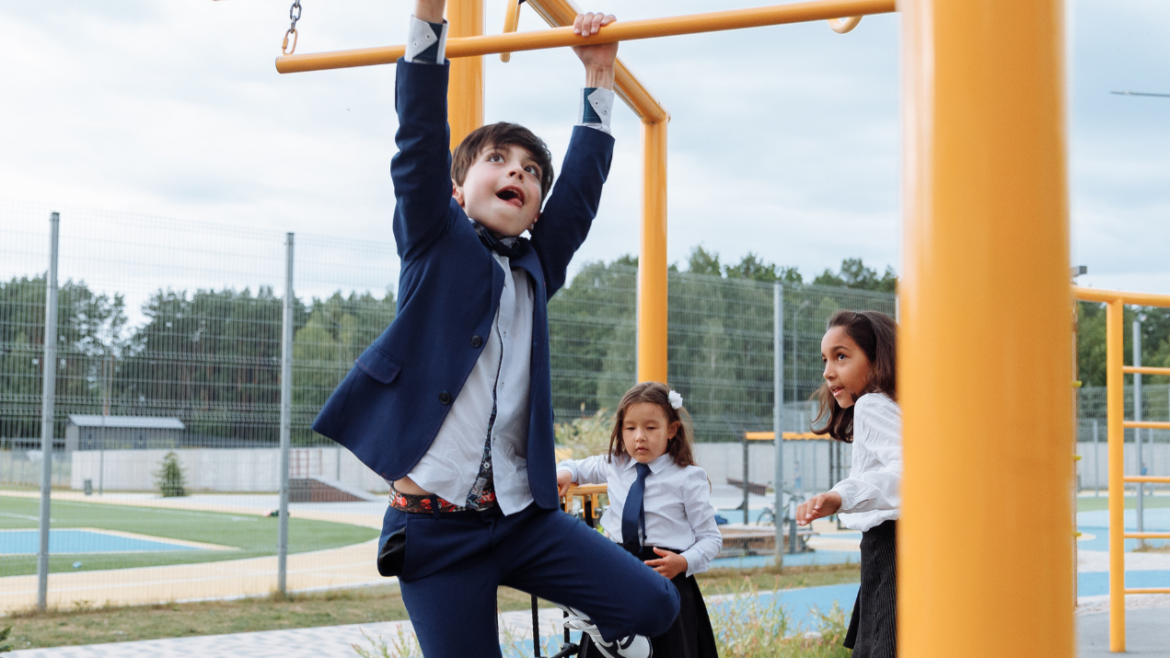For many students, recess is the best part of the school day, and there’s a good reason for this. While it may seem like simply a break from academics, research shows that recess plays a vital role in a child’s overall development. From improving focus in the classroom to supporting physical and emotional well-being, unstructured free time plays as much of a role as structured learning. Read on to learn more about why recess is important.
Staying Healthy and Active
In today’s digital world, it is becoming increasingly common for children to live more sedentary lifestyles. Even in the classroom, where technology may not be the primary function, students still spend a great deal of time sitting. Recess provides a much-needed opportunity for movement, which helps to improve children’s physical health. Regular physical activity and play have been linked to better sleep, improved immune function and a reduced risk of childhood obesity. When students are given time to run, climb and play, it’s not all about having fun—it’s about helping them build the foundation for a healthy and active lifestyle.
Cognitive Benefits
As much as recess benefits children’s physical health, it’s also good for their brains. Short breaks throughout the day help students process information more effectively and improve retention. It’s like taking breaks at work—it’s essential to avoiding burnout. When children step away from structured lessons and engage in free play, they return to the classroom more focused, refreshed and ready to learn. Physical activity, even in short bursts, also increases blood flow to the brain, which enhances cognitive function and problem-solving skills.
Social and Emotional Development
Recess offers significant benefits for children’s social and emotional development. Through free time and play, children learn how to cooperate, communicate and navigate friendships in an open-ended environment. Whether they’re practicing teamwork by playing a game, resolving small conflicts or sharing a laugh, these experiences build confidence and emotional resilience. Unstructured play also allows children to express themselves creatively and develop their independence, both of which are huge contributors to their emotional well-being.
Mental Health
Stepping away from academic tasks can help reduce stress and improve a child’s mood. From fresh air and physical movement to social interactions, each of these factors contributes to a child’s mental well-being. When students have time to recharge, it can even affect how they behave in class, as giving them time to expend some energy can reduce disruptive behavior.
Recess is more than a break in the school day—it’s an essential part of a child’s growth and development. From sharpening cognitive skills to promoting social interaction, the benefits of play extend far beyond the playground. At Lake Forrest Prep, we believe in teaching the whole child, helping them become well-rounded individuals academically and emotionally, and that includes breaks! Give us a call at (407) 331-5144 or contact us online to schedule a tour to learn more about what our Orlando private school has to offer.


